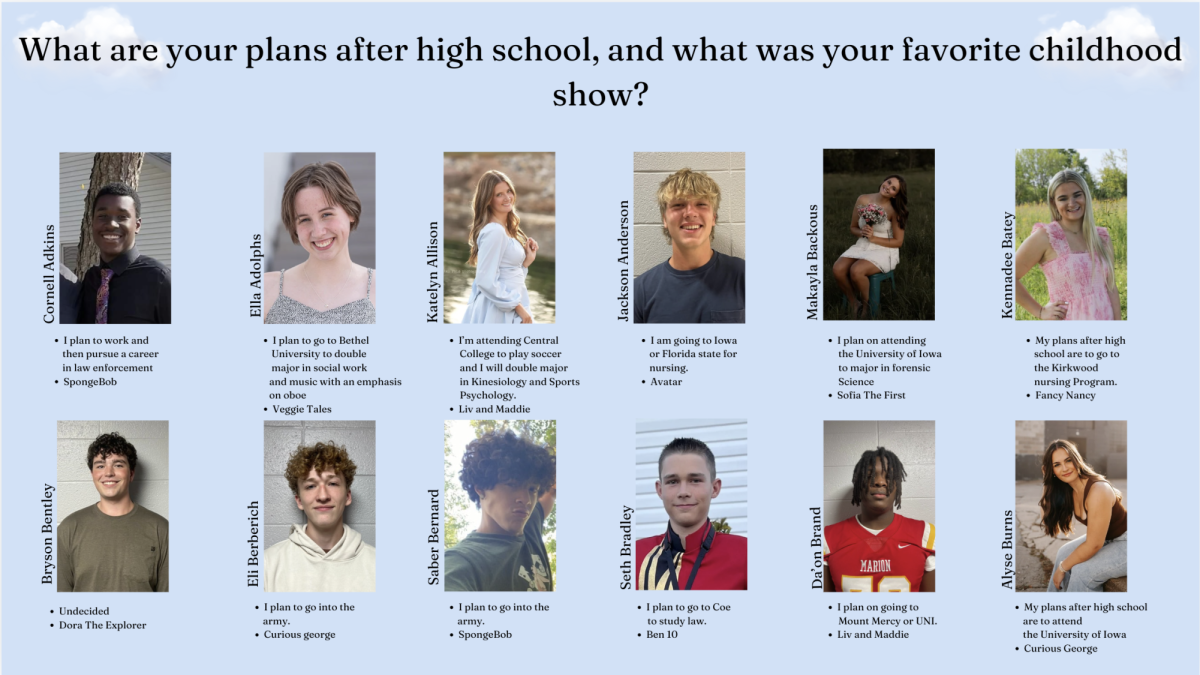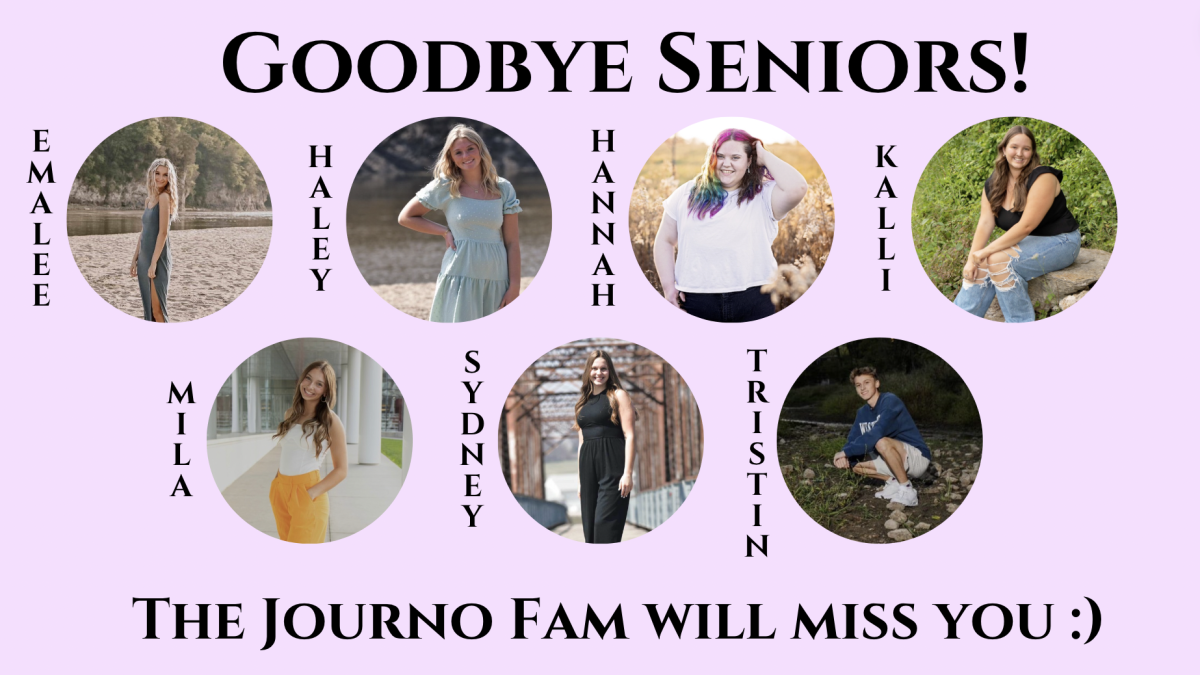Congratulations! You just graduated high school. The last four years have been rigorous, tough, and hard work and dedication was needed, but you did it. You get to walk across the stage. You should be so proud of yourself! Now, please tell me, in detail, everything that you are planning to do to be a functioning member of society for the next ten years. But I caution you: don’t mess up.
From the get-go, we are asked what we want to be when we grow up. In kindergarten, a cute poster, or something of the sort, is made with a bunch of fun facts that almost always contain a response to the aforementioned question. Answers anywhere from firefighter to princess are given, and most people find it adorable. That quality wears off over the years. All of a sudden, almost out of nowhere, people are expected to give answers that don’t involve wearing a crown and a ball gown every day. As time progresses, the pressure increases, and the questions become more specific. It goes from, “What do you want to be?” to “What area do you want to study?” to “What school are you going to attend?” They come, rapid-fire, and we are supposed to have an answer to everyone. At some point, it is easier to just make up an answer and stick with it to please the older generation that wants us to have it all figured out. Because if one doesn’t know, they get flooded with worried looks and more unsolicited advice than they knew existed.
These decisions are ones that need to be made. It has to happen eventually, but young people are, at the end of the day, still young people. Most of the choices that we make at age 18, 19, or 20 will indeed have consequences for the rest of our lives. Which, in turn, makes sense as to why the outside world pressures young humans to make decisions, but I add, what’s the rush? It is pretty common knowledge that the prefrontal cortex, a very important part of the brain when it comes to decision-making, is not developed until the age of 25. So why is the norm, what is so heavily encouraged, to make a choice when someone is unsure? For that exact reason, some people choose to take a gap year. Go Overseas states, “The concept of a gap year originated in the UK in the 1960s and has long been considered a rite of passage.” A rite of passage there, that is. American culture simply does not allow the opportunity to take this time for oneself without feeling judgment or backlash. For one, Americans are just expected to go out and succeed, with author Lilit Marcus even adding that “…taking a break is considered a sign of weakness.” The National Center for Education Statistics states that about 33% of all undergraduates change their major. That is one-third of college students who don’t have everything figured out. Why is it more socially acceptable to figure it out while in college, possibly wasting money on classes that people don’t need, than taking even one semester to figure out life? Even if one did go to college, there are still pressures to know everything else about what they are doing.
Now, this editorial is not saying that everyone should take a year to figure out their life before making the commitment to a school. No, this editorial is more for the older population, or anyone who has opinions about what people my age are doing, to encourage them to take a step back. Every person was a late teenager at some point in their life, yes, but that cannot be justification for people wanting to meddle in the lives of the ones that they care about. We are all different human beings just trying to make the best decision with the knowledge that we have. For most of us, any comment made or question asked isn’t one we haven’t already thought about two feet away from the mirror, so give us grace.
Age 18 seems to be when the most people have the most opinions about how one’s life should look. It can get overwhelming trying to listen to every piece of advice from every outside source that says they “just want to help you,” so I have a suggestion. Take a breath, sit down, remember that it’s your life, and remember that you are, at the end of the day, in control of how it goes. We need to learn to enjoy this time in our lives. It will be over before we know it.









